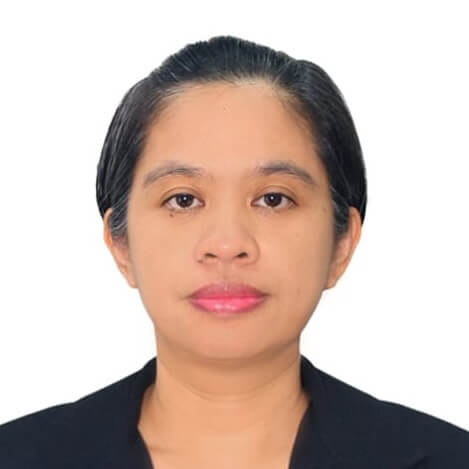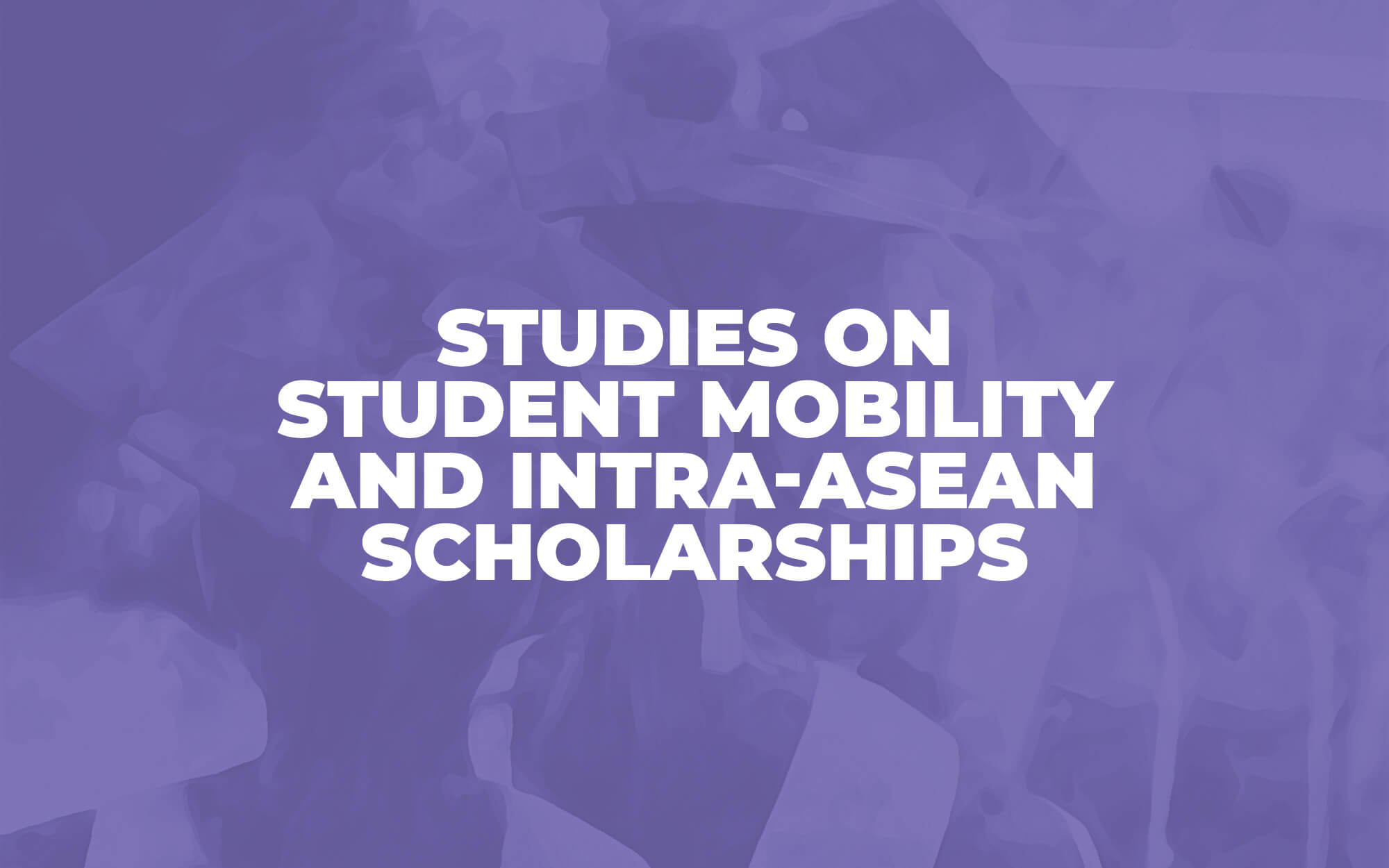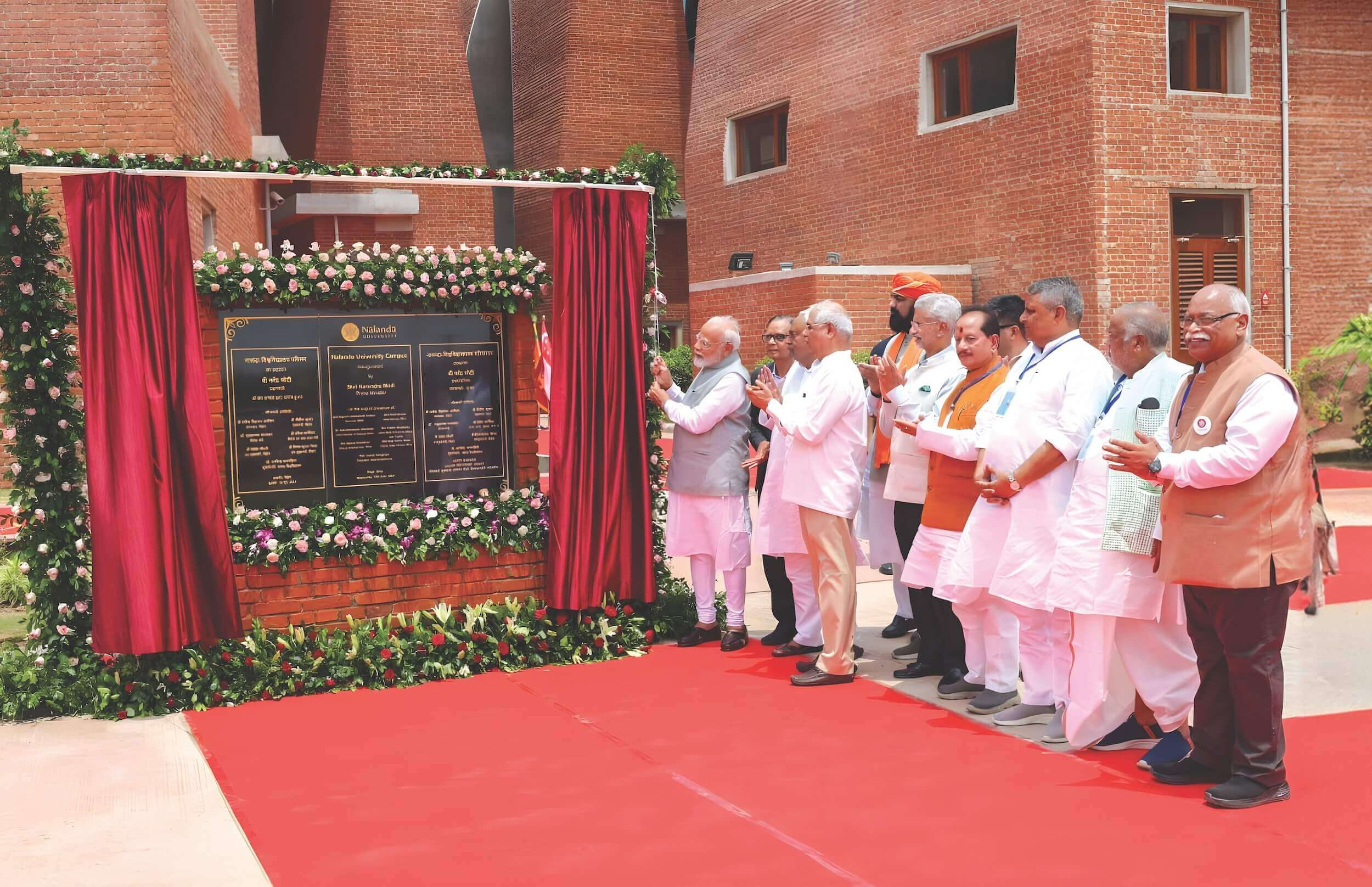




Research shows that the rapid pace of brain development in the first years of life makes early childhood a crucial period for intervention. This presents governments with a vital opportunity to positively impact children’s lives. Investing in early childhood care and education is not only beneficial for individual children, but also supports broader national social, economic, and sustainable development goals.
The Global Report on Early Childhood Care and Education highlights the critical importance of inclusive and quality early childhood care and education (ECCE) in fostering school readiness, foundational learning, and lifelong well-being. According to 2024 figures from UNESCO and UNICEF, nearly 60 per cent of children in low-income countries lack access to early care and learning opportunities.
The report also underscores a pressing concern: the world needs to be on track to meet Sustainable Development Goal Target 4.2 which commits countries to ensure that all girls and boys have access to quality early childhood development, care, and pre-primary education by 2030.
SDG Target 4.2.2 tracks children’s participation rate in organised learning one year before the official age of entry into primary school. The most recent data, from 2022, indicates that the global net enrolment rate fell to 72 per cent, a decrease of 3 per cent from 2020. This global figure masks significant regional disparities.
In ASEAN, the participation rate in organised learning varies among Member States. On average, 78.6 per cent of children in ASEAN participated in organised pre-primary learning. However, data from the UNESCO Institute for Statistics (2022) reveal disparities: countries such as Brunei Darussalam, Singapore, Thailand, and Viet Nam, boast participation rates exceeding 90 per cent, while countries like Cambodia and Myanmar face challenges with rates below 50 per cent. This stark contrast underscores the need for targeted investments and policies to ensure equitable access to ECCE across the region.
ASEAN’s commitment to ECCE
In recent years, ASEAN has made significant strides in improving early childhood care and education. ECCE increasingly occupies a central position in strategic policy discussions and political agendas at both regional and national levels. With a robust framework of international commitments and regional declarations, ASEAN nations are working collectively to ensure that every child has access to ECCE.
Viet Nam and the Philippines have made pre-primary education compulsory, setting a vital precedent for the region. Additionally, Thailand and the Philippines have enshrined free primary education in their legal frameworks. The commitment of Viet Nam and Thailand to ECCE is reflected in their impressive pre-primary participation rate of 96.6 per cent and 99.9 per cent, respectively. The Philippines, by mandating pre-primary education, further highlights its recognition of the crucial importance of investing in early learning.
ASEAN Leaders have also demonstrated a solid commitment to ECCE through various declarations and frameworks. The ASEAN Leaders’ Declaration on Early Childhood Care and Education in Southeast Asia (2023), spearheaded by Indonesia, reaffirms the region’s dedication to providing an inclusive and equitable quality education for all children.
The declaration is a strong and important document that underscores the leadership of ASEAN countries in translating key global and regional commitments into actions such as the (i) SDG-4 Education 2030 Framework, which emphasises inclusive and equitable quality education and lifelong learning opportunities for all, highlighting early childhood development and pre-primary education as fundamental components of the education continuum; (ii) the Kathmandu Statement of Action which outlines strategies and priority areas for improving ECCE; and the (iii) the Tashkent Declaration which calls for transformative actions in ECCE to ensure that all children can access quality early childhood care and learning opportunities.
The ASEAN Leaders have also made several critical regional commitments to support children’s rights and education. The ASEAN Declaration on Strengthening Education for Out-of- School Children and Youth focuses on inclusive educational opportunities. The ASEAN Leaders’ Declaration on Ending All Forms of Malnutrition highlights the critical link between nutrition and early childhood development. In 2019, two key declarations were made: the ASEAN Declaration on the Rights of Children in the Context of Migration, which protects the educational rights of migrant children, and the Declaration on the Protection of Children from All Forms of Exploitation and Abuse in ASEAN which ensures safe learning environments. The ASEAN Roadmap on the Elimination of All Forms of Child Labour and the Declaration on the Elimination of Bullying in ASEAN emphasise the region’s commitment to safeguarding children’s rights and well-being.
Climate resilience in ECCE
A recent significant development in the region is the adoption of the Vientiane Statement on Equity, Access, and Environment: Advancing Climate Resilience in Early Childhood Settings in ASEAN by the ASEAN Ministers of Education in June 2024. Spearheaded by the Lao PDR, this statement reinforces the 2023 ASEAN Leaders Declaration on ECCE. It emphasises the necessity of integrating climate resilience into ECCE programmes, recognising that young children are among the most vulnerable to the impacts of climate change. The Vientiane Statement calls for creating safe, sustainable and resilient learning conditions that can withstand environmental challenges. This initiative represents a forward-thinking approach, acknowledging the intersection of environmental sustainability and early childhood development.
Progress and initiatives in ECCE
Individually and collectively, ASEAN nations have ramped up efforts in ECCE through various initiatives and policies. Efforts are underway to increase and expand access to ECCE services, especially for children from vulnerable and marginalised communities. In the recent ASEAN Ministerial Meeting on ECCE held on 15 May 2024, Viet Nam reported that the country succeeded in achieving universal pre-primary education for 5-year-old children in 2017. Additionally, the respective national policies on ECCE of Cambodia, the Philippines, Thailand, and Viet Nam promote holistic development of young children, including understanding climate change and the environment.
Enhancing the quality of ECCE programmes by developing child-centred, and play-based curricula is also a top priority in many countries such as Brunei Darussalam, Indonesia, and Malaysia. Investing in the professional development of ECCE educators, including pre-service and in-service training programmes that equip teachers with the skills and knowledge needed to support young children’s development effectively, is another critical area of focus for the region. Moreover, promoting and strengthening cross-sectoral collaboration and partnerships with civil society, international agencies, and the private sector to create a holistic approach to ECCE is being actively pursued at the regional level.

investment
Despite the significant progress and firm commitments made toward ECCE in Southeast Asia, critical challenges still need to be addressed to meet the ECCE targets. Equitable access to ECCE remains a pressing issue in the region, particularly for marginalised groups such as children from ethnic minority groups, children with disabilities, and those living in poverty. These vulnerable populations often face barriers that prevent them from accessing quality ECCE, exacerbating existing inequalities and hindering their developmental opportunities.
While advocating for a rights-based commitment to universal pre-primary education is a commendable goal, it can be financially constraining or challenging in some countries. Currently, only two out of the 10 ASEAN Member States mandate compulsory pre-primary education, highlighting a significant gap in the commitment to ensuring that all children have the foundational learning experiences necessary for their future success. Adequate funds and resources are necessary to support regional and national level initiatives in the region.
Call to action
The evidence is clear: investment in ECCE is an investment in the future.
To fully operationalise the commitments made in various regional and international declarations, countries must significantly boost their investment in ECCE. Governments should progressively allocate a higher percentage of education expenditures to ECCE, ensuring sustainable funding for early childhood programs.
ASEAN plays a crucial role as a regional organisation, providing a platform for continued discussion and collaboration among its Member States and partners. ASEAN can drive collective action towards enhancing ECCE across the region by fostering dialogues on best practices and shared challenges. Regular policy forums will facilitate knowledge sharing, allowing countries to benefit from each other’s successes and learn from setbacks.
Developing and implementing robust policies that support ECCE at national and regional levels is essential. This entails establishing clear guidelines for curriculum development, teacher training, and programme evaluation. Effective ECCE programmes require reliable data to inform policy decisions and monitor progress. ASEAN needs investments in systems that track children’s access to and participation in comprehensive and integrated ECCE services, and the quality of those services.
Early childhood care and education are pivotal in shaping the future of Southeast Asia. By committing to inclusive, equitable, and high-quality ECCE, ASEAN countries can ensure every child has the opportunity to thrive. Collaborative efforts among governments, educators, communities, and international partners will create a brighter, more equitable future for all children in the region.
ASEAN Leaders’ Declaration on Early Childhood Care and Education
https://asean.org/asean-leaders-declaration-on-early-childhood-care-and-education-in-southeast-asia/








